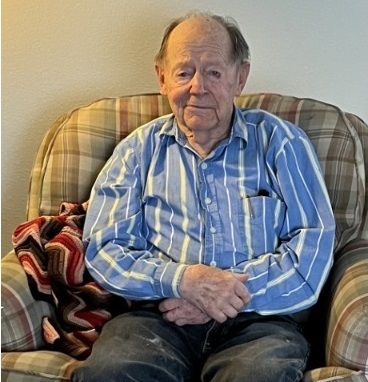As we’ve seen already this week, many Michigan State students, along with faculty, parents, and policymakers, are calling for change.
The shootings at MSU are again bringing up the gun control debate and the need for mental health treatment. Michigan Attorney General Dana Nessel thinks something needs to change. 9&10 caught up with Nessel in the State Capitol building.

The man who shot eight students at Michigan State University, killing three, had a previous gun related charge. But Anthony McRae’s felony charge for carrying a concealed weapon was plead down to a misdemeanor, allowing him to buy two guns legally after his probation period.
Should he –or others - be able to get a gun that quickly after probation for a gun related offense?
Nessel says, “no, I don’t think they should. I think that’s one of the things we have to seriously look at, is how long it takes someone to have their right to purchase or possess a firearm restored, after a gun-related conviction. That’s absolutely something we should be looking at.”
Investigators now say while the two handguns McRae were purchased legally, they were never registered.
“People knew there was a problem. They were concerned about Anthony McRae’s mental health,” Nessel says. “When we look at a variety of other cases where we’ve seen people who clearly have no business owning, possessing, transporting a firearm, how we can make sure not just of course that’s it illegal to do so, but how do we get those guns back? Once guns fall into hands of people who shouldn’t have them. These are conversations I’ve been having over the last couple of days with folks in law enforcement, folks in the legislature.”
Nessel says law enforcement needs to work hand in hand with the judicial system and the mental health system. “There are a lot of things I think we could do, and there’s a lot of things we could do better.”

One suggestion is addressing immunity laws.
Nessel’s example includes offering legal protections for reporting a drug overdose, and prioritizing protecting lives.
“Their concern wasn’t I was going to be prosecuted for this, I just want to save this person’s life,” she says. “Even (McRae’s) own family members say ‘I wanted him to get rid of that gun but he didn’t.’ What if we had laws in place where you could turn in a family member and know that person wasn’t necessarily going to be arrested or prosecuted? But you certainly were going to be able to remove guns from a person who is really not in a legal or mental mind frame to be possessing those weapons?”
Nessel says more could be done between the arrest and the courtroom.
“Certainly there are a lot of people on parole or probation, who have firearms. And we don’t do a very good job getting those firearms away from them. And this includes by the way people who are subject to personal protection orders,” she says. “Is everybody just on the honor system? And we just say, ‘okay, the court of law says you’re not allowed to have weapons.’ ‘Ok, got it, judge.’ What are we doing to ensure those people really don’t have weapons?”
“What can we do to better provide sheriffs and local law enforcement with the ability to go in and actually remove guns from the home of somebody is not legally permitted to have guns? " She says that will take more resources. And she points out that if someone is on probation or parole, a search warrant isn’t required to search for weapons. “This isn’t about arresting our way out of the problem. It isn’t about incarcerating our way out of the problem. But it is about making sure those people don’t have firearms. Because we know their ability to do harm to others is going to be significantly reduced when you remove a firearm from that person.”
Nessel adds, “we want to make sure that people are in the best state possible to remain crime-free. But we also want to make sure that people who shouldn’t have firearms, don’t have firearms. I think you can do both.”
And the connection to mental health issues, she says, should not be overlooked. “Absolutely we need to be doing everything we possibly can to treat people who are having those mental health problems. But first and foremost we need to make sure people who are experiencing mental health crisis don’t have access to firearms.”
“That’s not to say everyone who carries a gun illegally has mental health issues. But it is to say, we should be concerned about whether or not anybody who possesses a gun illegally has mental health issues,” she says. “You have illegally possessed or you have illegally used a firearm, shouldn’t that be part of the process? That we are asking those questions. Finding out, does this person have mental health issues? And making sure that person gets treatment.”
Nessel says despite cries for action – it will take time. “There’s always a timeframe. You have to get the courts prepared. You have to get the police agencies prepared. You have to get the prosecutor’s offices prepared. It literally, some of this stuff literally cannot happen overnight. We can at least put the process in place to get to the point where these laws can become enforceable.”

